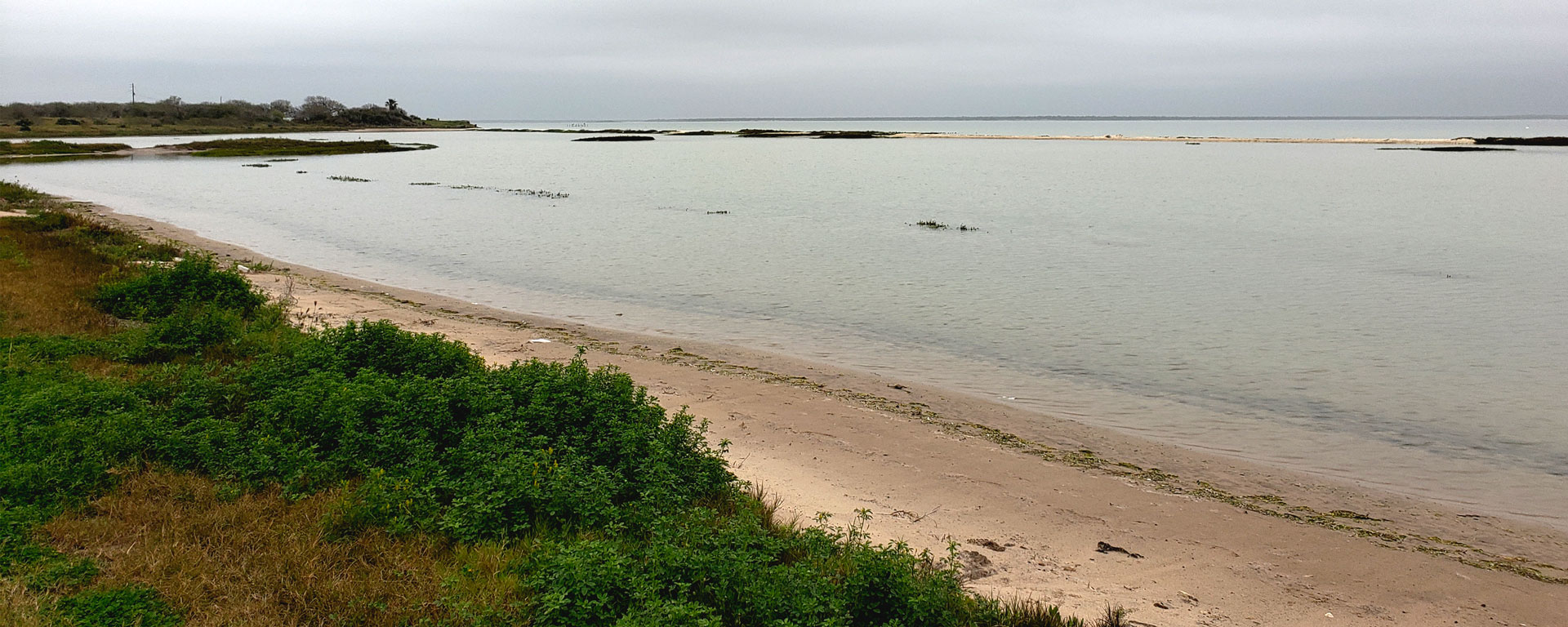
Focus Areas
Following the National Oceanic and Atmospheric Administration’s guidance, Texas Sea Grant works in four major focus areas.
NOAA National Sea Grant Office provides a variety of funding to state Sea Grant programs to support research, extension and education in four key areas Healthy Coastal Ecosystems, Sustainable Fisheries and Aquaculture, Resilient Coastal Communities and Economies, and Environmental Literacy and Workforce Development. These areas guide all 34 Sea Grant organization’s research, outreach, and education programs.
Texas Sea Grant supports cutting-edge research in these fields to address pressing issues like environmental challenges, resource management, and coastal resilience. The program provides funding opportunities to advance these focus areas, ensuring that research is practical and directly benefits coastal communities. In addition to supporting scientific research, Texas Sea Grant promotes workforce development in science, technology, engineering, and mathematics (STEM) to strengthen national competitiveness and address environmental challenges. The program fosters community engagement and collaboration to enhance coastal resilience, economic vitality, and sustainable resource management. By focusing on education and workforce development, Texas Sea Grant ensures that future generations are equipped to tackle complex environmental issues. Ultimately, Texas Sea Grant aims to create a sustainable future for coastal ecosystems and the people who rely on them.
Focus Areas
Healthy Coastal Ecosystems
Healthy coastal ecosystems, supported by surrounding watersheds, are crucial to life along the Gulf Coast but face numerous stressors like rapid development, environmental challenges and overfishing. Management for these areas require complex, innovative, ecosystem-based approaches. Such approaches call for unprecedented coordination between federal, state, and local governments, as well as active engagement from coastal communities. To effectively manage these systems, it’s essential to understand the interactions between species, landscapes, and their ecosystems.
Sustainable Fisheries and Aquaculture
The U.S. commercial, recreational, for-hire fisheries, and aquaculture industries have a combined economic impact of over $276 billion, supporting millions of jobs and generating significant tourism revenue. Texas Sea Grant plays a key role in ensuring a safe, sustainable seafood supply, working with partners like NOAA Fisheries, state agencies, and seafood processors. As seafood imports rise, Texas Sea Grant’s efforts focus on promoting domestic seafood safety and reducing reliance on potentially contaminated imports, ensuring a secure supply for future generations.
Resilient Communities and Economies
To support a growing population and activity while preserving coastal resources, Texas must develop innovative policies and management strategies to enhance community resilience. Texas Sea Grant will continue to lead research on marine energy, climate change, coastal processes, storm water management, and tourism. Through its programs, Texas Sea Grant will engage coastal communities, applying the best scientific knowledge to address increasing demands and vulnerabilities. The goal is to foster resilient communities that sustain diverse economies, effectively respond to hazards, and thrive within their environmental limits.
Environmental Literacy and Workforce Development
Addressing the environmental challenges facing the nation requires a workforce skilled in science, technology, engineering, and mathematics (STEM). The America COMPETES Act mandates that NOAA promote excellence in ocean and atmospheric science while encouraging academic pursuits in STEM fields. These workforce needs are reflected in both public and private sectors, where Texas Sea Grant collaborates to fulfill its mission. An environmentally literate person understands natural systems and uses scientific evidence to make informed decisions on complex environmental issues.
